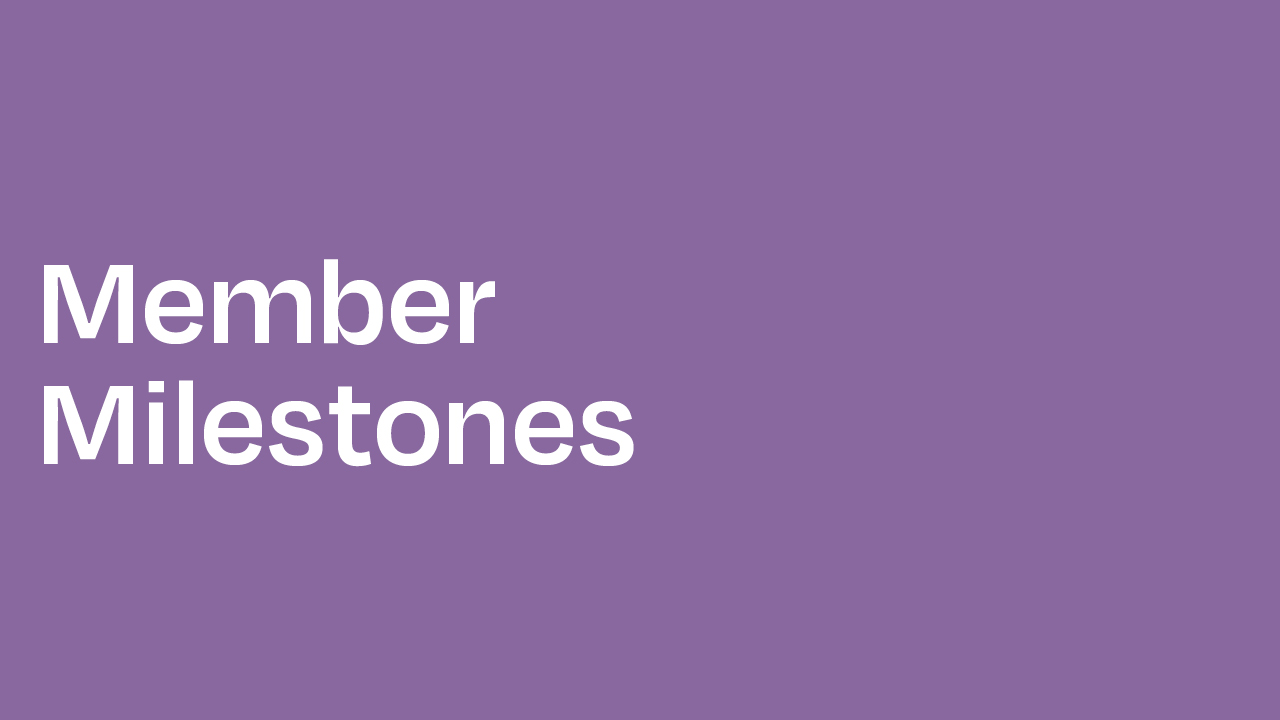By Danae Sinclair
Great content never asks readers to work for what they want to know. Great content meets reader expectations, helps them toward their information-gathering goals and it gets your message across clearly.
To break it down further, here are three things to be mindful of when creating web content:
1. Provide pathways to goals
If they’re on your website or page your readers are there for a reason – something about your site has sparked their interest. Don’t let them down with any of these:
- counter-intuitive design and navigation structure
- poorly written, cryptic or inauthentic headings
- huge blocks of unbroken text
- marketing-ese, too-formal language or too-informal language
- links which invite readers to go to other sites too soon.
Use the ‘F-shape’ model to structure your paragraphs. Group your content under informative headings offering up your most important message first. From there you go into more detail and then you add in further resources (links, documents etc.) or your ‘call to action’.
2. Know your audience
Understanding your readers is crucial. When you know who you’re communicating to the chances your content will meet their goals is much better.
If you’re writing about your business your readers are likely to be the kinds of people you encounter all the time, or the kind of people you’d like to have as customers. Define who these people are and write for them.
Learn how to use analytics/metrics. Most content management systems have some kind of inbuilt statistic generator which will tell you something about your site/page visitors. These will only go so far – but you can use them to gauge the success of your content.
Lastly, never pitch content to a hypothetical or ideal reader or, unless you’re the government or God, to ‘everyone’.
3. Write in plain English
Inform your reader in clear, uncomplicated terms. Whatever your main audience profile, plain English is always the best practice. It builds a relationship between you and your reader by leaving out any ‘talking down’ or exclusivity. Save your clever writing for your eBook, thesis or research report.
Plain English also:
- reduces the overall amount of content (leave out all those extra words!)
- saves time for the reader who is no longer challenged to work out what you mean (remember that first rule? Never make readers work for information)
- makes you a better communicator
- expands your audience by being accessible to all.
4. Read your content aloud
If it sounds complicated, stuffy, too-informal or just right, it is.
Danae Sinclair is a content writer and strategist with fourteen years experience working on online projects. Trained in marketing and communications, Danae currently works as a consultant and contractor to various government agencies on web content and accessibility. She will be running a comprehensive workshop on Writing for the Web on 29th June.








